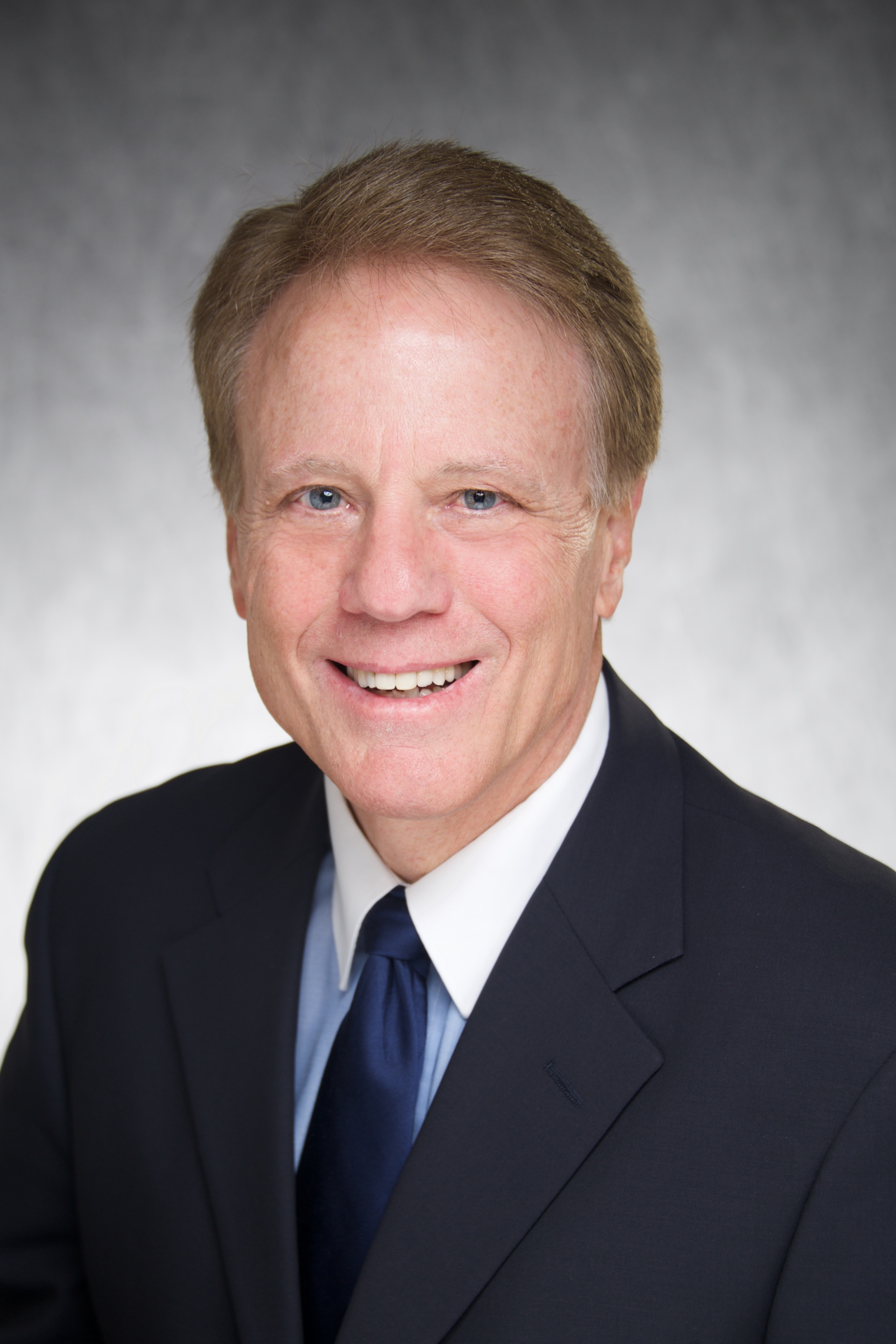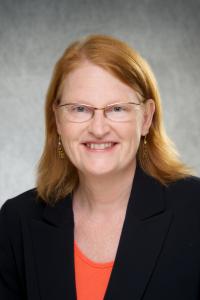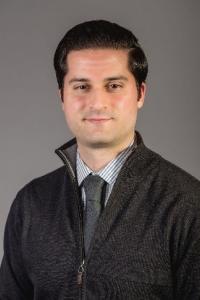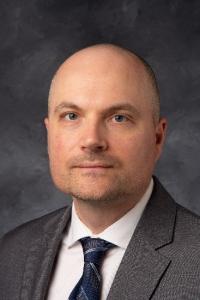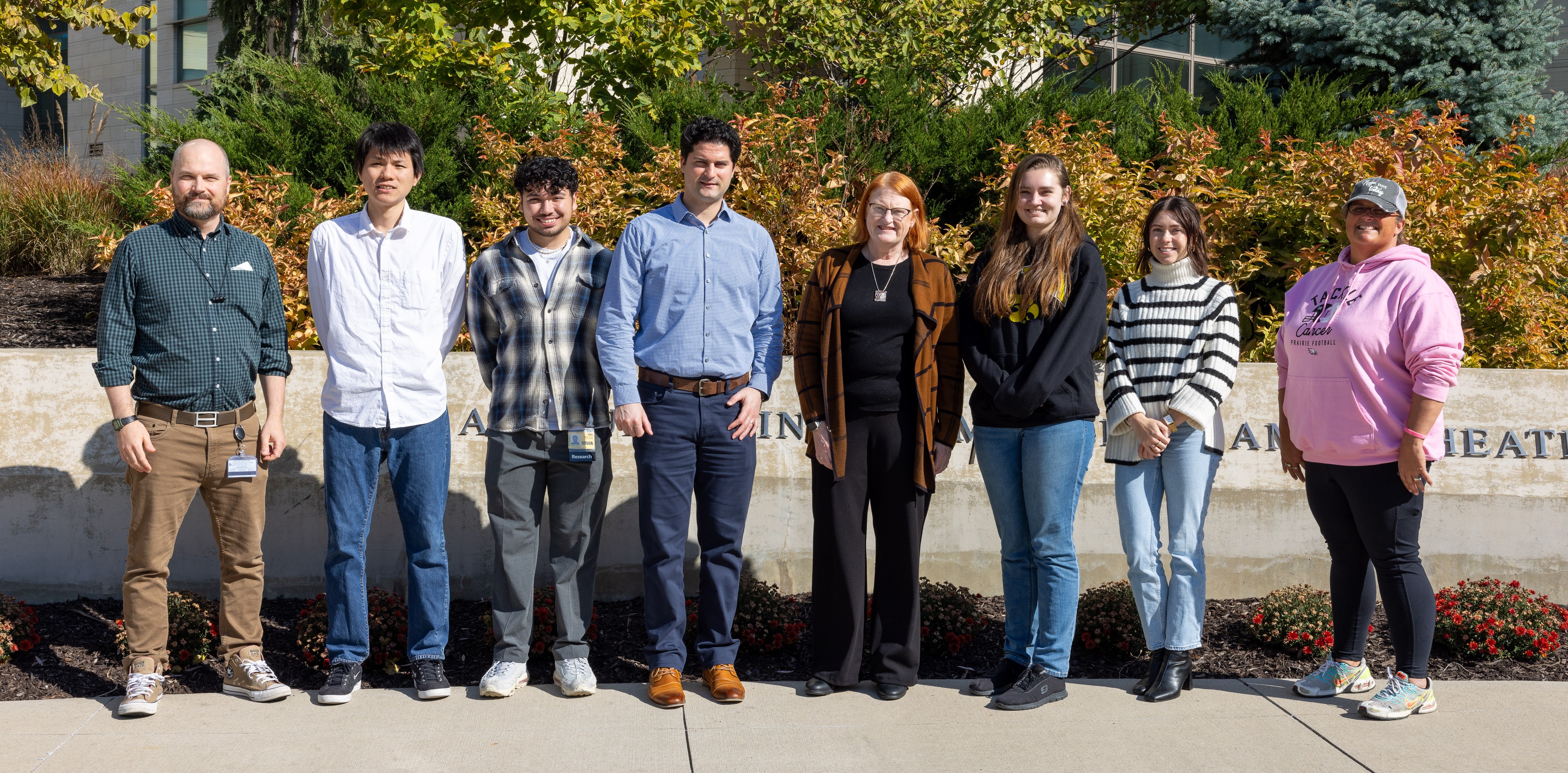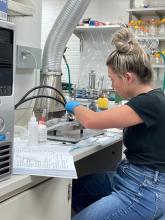Adjunct Faculty
Kathleen H. Andersen, MS, Instructor, Anatomy & Cell Biology, University of Iowa, Iowa City, IA
Trevor Baier, DPT - Athletico, McFarland Clinic, Ames, IA
Amy N. Baker, DPT, OCS, CSCS - Total Rehab, Williamsburg, IA
Kyle Bernard, DPT, CCCS - Performance Therapies, P.C., Coralville, IA
Kurt Boevers, BA - Cedar Falls, IA
Byron E. Bork, PT, MA - Coralville, IA
Molly Camacho, DPT, OCS - Performance Therapies, PC, Coralville, IA
Leslie R. Carpenter, PT - Iowa City, IA
Steven D. Clark, PT, MPT, MTC - Kepros Physical Therapy, North Liberty, IA
Wendy Craft, MPT, NCS - University of Iowa Health Care, Iowa City, IA
Amanda Crouch, PT, DPT - Rock Valley Physical Therapy, Adair, IA
Dana L. Dailey, PT, PhD - St. Ambrose University, Davenport, IA
Jordan DeNeve, DPT - Rock Valley Physical Therapy, Clinton, IA
Matt Ehler, PT, ATC - Progressive Rehab Associates, Iowa City, IA
Richard E. Evans, PT, OCS - Iowa City, IA
Stephanie Evans, DPT, OCS - University of Iowa Health Care, Iowa City, IA
Annie Fangman, DPT - University of Iowa Health Care, Iowa City, IA
Steve Finn, PT, DPT - Myrtue Medical Center, Harlan, IA
Jeffrey A. Fleming, DPT, ATC, OCS, CSCS - University of Iowa Health Care, Iowa City, IA
Brett Ford, DPT, OCS - University of Iowa Health Care, Iowa City, IA
Carla C. Franck, DPT, OCS, COMT, FAAOMPT - Rec Center Physical Therapy, Cedar Rapids, IA
Trevor Franck, DPT - Progressive Rehab Associates, Williamsburg, IA
Kimberly Franzen, DPT - Guttenburg Municipal Hospital, Guttenburg, IA
Jennifer Fuentes, MPT - Gundersen Palmer Lutheran Hospital & Clinics, Gundersen, IA
Robb Gardner, PT, MHL, ATC - Iowa Hospital Association, Des Moines, IA
Katie Glade, DPT - Audubon County Memorial Hospital, Audubon, IA
Jaclyn Hall, MBA, DPT, CPHQ - University of Iowa Health Care, Iowa City, IA
Scott M. Harms, DPT, ATC, CSCS - Performance Therapies, PC, Coralville, IA
Amy Herdegen, DPT - Pella Regional Health Center, Pella, IA
James B. Holte, PT, OCS, CSCS - Performance Therapies, Coralville, IA
Michael Horsfield, PT, OCS, ATC, MBA - Rock Valley Physical Therapy, Moline, IL
Melanie House, DPT, NCS - University of Iowa Health Care, Iowa City, IA
Kristi Huenemann, MOT, OTR/L, CBIS - Clarke County Hospital, Osceola, IA
Masaki Iguchi, PT, PhD - Tsukuba University of Technology, Japan
Alexas Ihrig, DPT - University of Iowa Health Care, Iowa City, IA
Patrick L. Johnston, MPT - VA Medical Center, Iowa City, IA
Kris Kaska, MSPT - Lucas County Health Center, Chariton, IA
Mark A. Kaufman, MS, PT, ATC - Atheltico, Oak Brook, IL
Dennis Keefe, PT - Winneshiek Medical Center, Decorah, IA
Carol J. Kelderman, DPT - Kinetic Edge Physical Therapy, Oskaloosa, IA
Janine Kelly, PT, CCS - University of Iowa Health Care, Iowa City, IA
Ted Kepros, PT, MPT, MTC - Kepros Physical Therapy and Performance, Cedar Rapids, IA
Lisabeth L. Kestel, DPT, MBA, SCS, ATC - Iowa City, IA
Nathan R. Kleckner, DPT - Des Moines Orthopaedic Surgeons, Ankeny, IA
Kayla Koch, DPT, OCS - Cherokee Regional Medical Center, Cherokee, IA
Ted Kruse, DPT - Physical Therapy Solutions, Dyersville, IA
Bret Kruthoff, DPT, ECS, ATC, RVT, RCP - Special Medical Services, Charles City, IA
Joshua Lander, MPT - Burgess Health Center, Onawa, IA
Tami S. Lansing, DPT, ATC - University of Iowa Health Care, Iowa City, IA
Katie M. Laubscher, PT, DPT, PCS - UI Health Care Center for Disabilities & Development, Iowa City, IA
Ryan Legg, DPT - Cass County Memorial Hospital, Atlantic, IA
Ken C. Leo, PT, MA - Iowa City, IA
Amy S. Little, DPT, WCS, CLT - University of Iowa Health Care, Iowa City, IA
Troy Loeckle, PT, DPT, RVT, RCP - Special Medical Services, Floyd County Hospital, Charles City, IA
Kathryn E. Lundquist, OTR/L, BT-C - University of Iowa Health Care, Iowa City, IA
Shannon E. Matasovsky, DPT - Kepros Physical Therapy, North Liberty, IA
Nicholas Mergen, DPT - Performance Therapies PC, Coralville, IA
Shannon Miers, MPT, PCS, SCS, ATC - University of Iowa Health Care, Iowa City, IA
Bruce A. Miller, PT, MA - Iowa City, IA
Robert Molsberry, BA, MDiv - Iowa City, IA
Nicole Naraine, MS, DPT - Washington County Hospital, Washington, IA
Joe Nelson, DPT, CMPT - Team Iowa Physical Therapy, Iowa City, IA
Brian Nolta, DPT - Buchanan County Health Center, Independence, IA
Sandra Norby, DPT - Your Hometown Physical Therapy, LeMars, IA
Debra S. Parrott, PT, CCS - University of Iowa Health Care, Iowa City, IA
Amanda Paulson, DPT, OCS - University of Iowa Health Care, Iowa City, IA
Erin E. Pazour, MPT, COS-C - Mercy Home Health, Cedar Rapids, IA
Brian Peterson, PT - Keokuk County Health Center, Sigourney, IA
Andrew J. Phillips, DPT, Adjunct Associate - University of Iowa Health Care, Iowa City, IA
Jason "JD" Pluim, DPT - Orange City Area Health System, Orange City, IA
Jason Putz, MPT - Physical Therapy Solutions, Dyersville, IA
Ronald Ragsdale, DPT - Waverly Health Center, Waverly, IA
Kim Richards-Passini, DPT - Team Iowa Physical Therapy, Iowa City, IA
Kevin Schleich, PharmD, Adjunct Associate - University of Iowa, Iowa City, IA
Carol Schueller, DPT - UnityPoint - St. Luke's Therapy Plus, Cedar Rapids, IA
Nathanael Seaberg, DPT - Performance Therapies PC, Coralville, IA
Michael A. Shaffer, MPT, OCS, ATC - University of Iowa Health Care, Iowa City, IA
Mary L. Shepherd, PT, CVR - University of Iowa Health Care, Iowa City, IA
Kolleen C. Shields, PT, MA - University of Iowa Health Care, Iowa City, IA
Justin Sipla, PhD - University of Iowa, Anatomy & Cell Biology, Iowa City, IA
Leandra Stuckey, DPT - VA Medical Center, Iowa City, IA
Anne "Annie" Sullivan, DPT - Des Moines Orthopaedic Surgeons, West Des Moines, IA
Amanda Sweers, DPT - Progressive Rehab Mercy Home Health, Iowa City, IA
Eric Turner, PT, LAT - JET Physical Therapy, Washington, IA
Barbara Van Gorp, DPT, OCS, CSCS - University of Iowa Health Care, Iowa City, IA
Heidi Welch, MPT - Skiff Medical Center, Newton, IA
Jacqueline Wells, DPT, CLT - Davis County Hospital, Kincart PT, Bloomfield, IA
Lilimore Wells, DPT - Rehab Visions Fairfield, Fairfield, IA
Jane Wentzien, MPT - Fort Madison Community Hospital, Fort Madison, IA
Staci Whitson, PT, DPT, GCS, CEEAA - UnityPoint Joines Regional Medical Center, Anamosa, IA
Sara Wielenga, DPT - Sioux Center Health, Sioux Center, IA
Jason Willer, MPT - University of Iowa Health Care, Iowa City, IA
Amy Yotty, DPT, NCS - University of Iowa Health Care, Iowa City, IA
Brad Zwart, DPT, OCS - Orange City Area Health System, Orange City, IA




